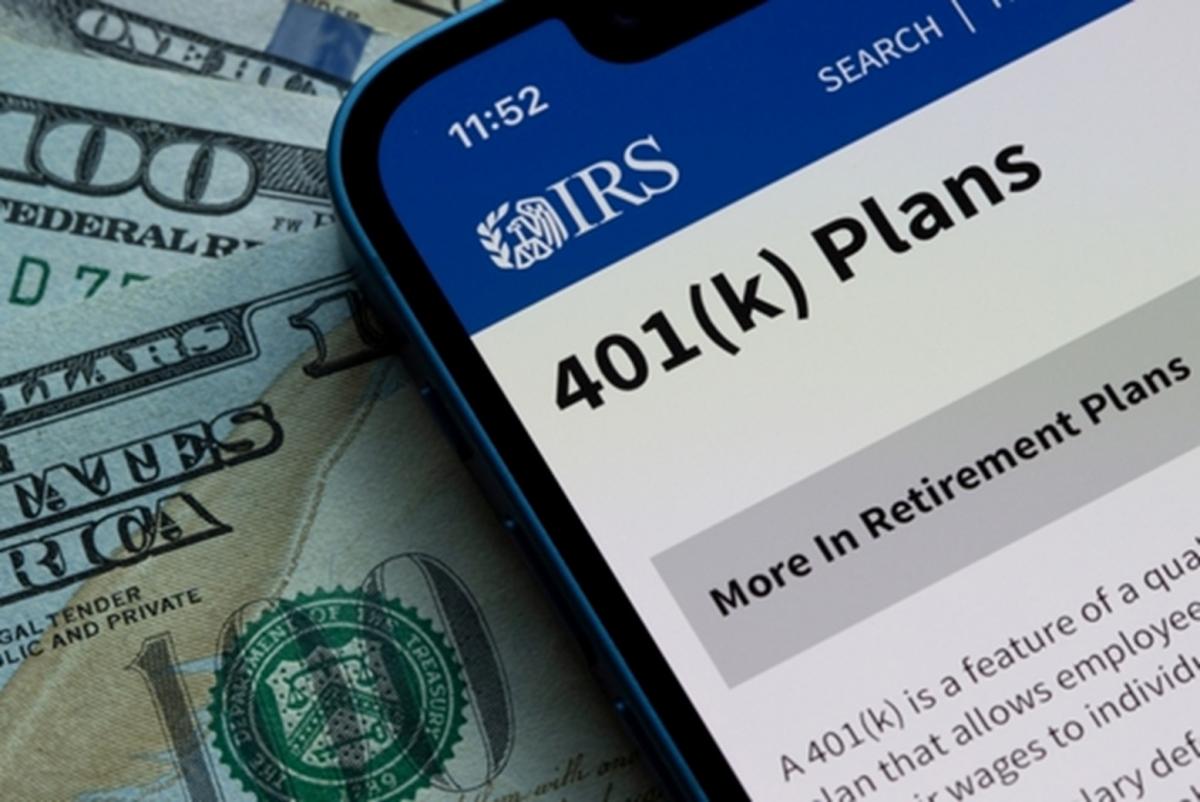 Despite (or maybe because of) SECURE 2.0’s passage, 401(k)s face increasing attacks, with the latest salvo coming from an opinion piece published in Politico.
Despite (or maybe because of) SECURE 2.0’s passage, 401(k)s face increasing attacks, with the latest salvo coming from an opinion piece published in Politico.
Social Security is just one part of the retirement system, notes the piece, provocatively titled “Before Slashing Social Security, Cut 401(k)s,” by Matthew Bruenig, founder of People’s Policy Project. Talk of cuts to the others, including defined benefit (DB) plans and defined contribution (DC) plans, rarely occurs — something it argues should change.
Claiming 401(k)s are overwhelmingly skewed toward the rich, while lower income workers rely more on Social Security, it makes no mention of the coverage and credits boost contained in the recent legislation, many specifically geared to small businesses and lower-wage employees.
Social Security, while popular, is a perennial source of controversy and concern over its solvency, with studies routinely detailing the anxiety younger generations feel over benefit cuts or receiving no benefits at all.
If Congress were to take no action, the combined Social Security trust funds would be depleted in 2034, after which the program would pay 76% of benefits. It’s one reason that one in four younger workers say they don’t expect to receive Social Security at all, according to a recent study by Northwestern Mutual.
The Politico opinion piece seems to suggest that cutting employees’ private-sector retirement benefits by taxing 401(k)s more would somehow reduce their fears.
It then focuses on the “gusher of cash” the financial sector receives in fees, with again no mention of the steep drop in fees, the issue of fee compression with which the industry currently grapples, or the plethora of low-fee and no-fee products seen in recent years.
The piece instructs readers to disregard opposing views, suggesting anyone arguing against 401(k) cuts is “unserious” and “motivated by things other than a sincere concern for retirement finances.”
“The rules governing DCs, DBs and IRAs, as well as the massive public subsidies flowing to them, can be changed just as the rules governing Social Security can be changed,” it concludes. “If we are seriously worried about the generosity of old-age benefits or the government’s debt, then surely everything should be on the table and the part of the system that most favors the rich should be front and center.”
- Log in to post comments
